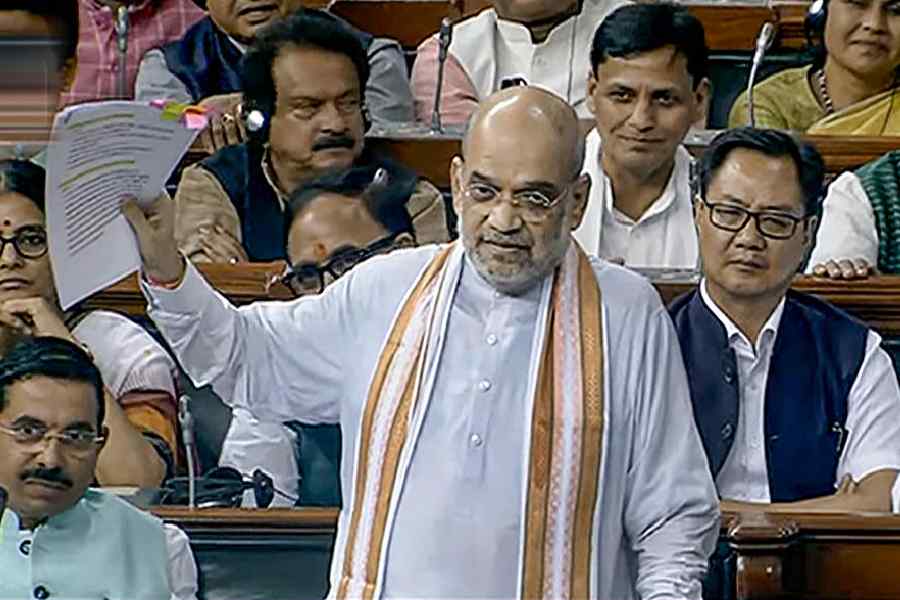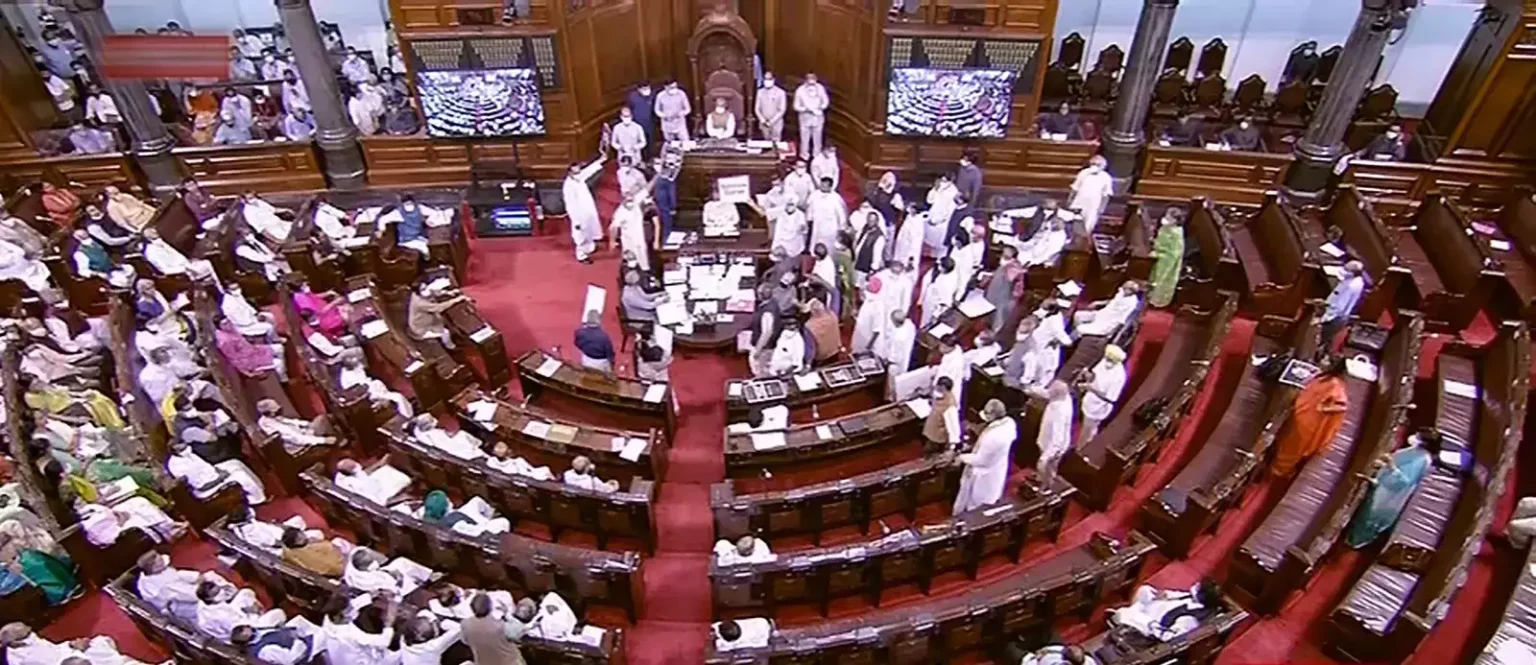On Friday, August 11, Union Home Minister Amit Shah proposed three new legislations to the Lok Sabha to replace significant legal provisions including the Indian Penal Code (IPC) and the Code of Criminal Procedure (CrPc).
The Narendra Modi government introduced three new Bills in the Lok Sabha on Friday as part of its effort to replace colonial-era laws. These include repealing sedition, capital punishment for mob lynching, community service as a punishment for minor offenses, the use of electronic and digital records as evidence, and summons through electronic mode.
Shah stated that the three bills listed below will completely reform India’s criminal justice system:
- The Indian Penal Code will be replaced by the Bharatiya Nyaya Sanhita Bill, 2024.
- The Indian Evidence Act, 1872 will be replaced with the Bharatiya Sakshya Bill, 2024.
- The Code of Criminal Procedure, 1973 will be replaced by the Bharatiya Nagrik Suraksha Sanhita Bill, 2024.
Amit Shah, the union Home Minister, introduced three bills to repeal the 151-year-old Indian Evidence Act, the 126-year-old Criminal Procedure Code, and the 163-year-old Indian Penal Code. He claimed that doing so would rid the laws of their “British hangover” and make them more “people-centric” by putting the desire to uphold Indian citizens’ rights first.

He stated that murder, other crimes against the State, and offenses against women and children have been prioritized as he proposed sending the bills to a Parliamentary Standing Committee for review.
A jail term of up to life is imposed for new offenses such secessionist acts, armed rebellions, subversive behavior, separatist activities, and compromising the sovereignty or unity and integrity of India. Terrorist acts are also defined in the new penal law.
Theft of items worth less than Rs 5,000, annoying the public while intoxicated, and defaming the President and those in positions of authority under the Constitution are examples of offenses for which the offender could be asked to perform community service.
For the first time, the proposed penal code specifies the penalty for mob lynching, with the death penalty as the maximum penalty. If found guilty, the mob could prevent execution or life in prison but still serve at least seven years in prison.
The Bharatiya Nagarik Suraksha Sanhita Bill allows for the trial and punishment of escapees. Additionally, it allows for the use of forensic sciences and technology in the investigation of crimes as well as the provision and filing of information, summons serving, etc. via electronic communication.
According to the Bharatiya Sakshya Bill, an electronic or digital record may be used as evidence and will have the same legal significance, legal legitimacy, and legal enforceability as a paper record.
In the current version of the sedition law, the BNS bill contains new offenses such acts of secession, armed rebellion, subversive operations, separatist activities, or harming the sovereignty or unity.
The proposed law states that anyone who intentionally or knowingly promotes secession, armed rebellion, or subversive activities, encourages feelings of separatism, or endangers India’s sovereignty, unity, or integrity through words, signs, visible representation, electronic communication, or by using financial means, or engages in such behavior, shall be punished with imprisonment.
Anyone participating in the crime might receive a three-year jail sentence or life in prison under the current sedition law (Section 124A IPC).
According to officials, the sedition statute, once known as “Rajdroh,” now goes by the name “Deshdroh,” dropping the allusion to the British throne.
The document stated that the government’s motto was “Sabka Saath, Sabka Vikas, Sabka Vishwas, and Sabka Prayas” and that it was committed to ensuring rapid justice for all citizens in accordance with these constitutional democratic goals.












